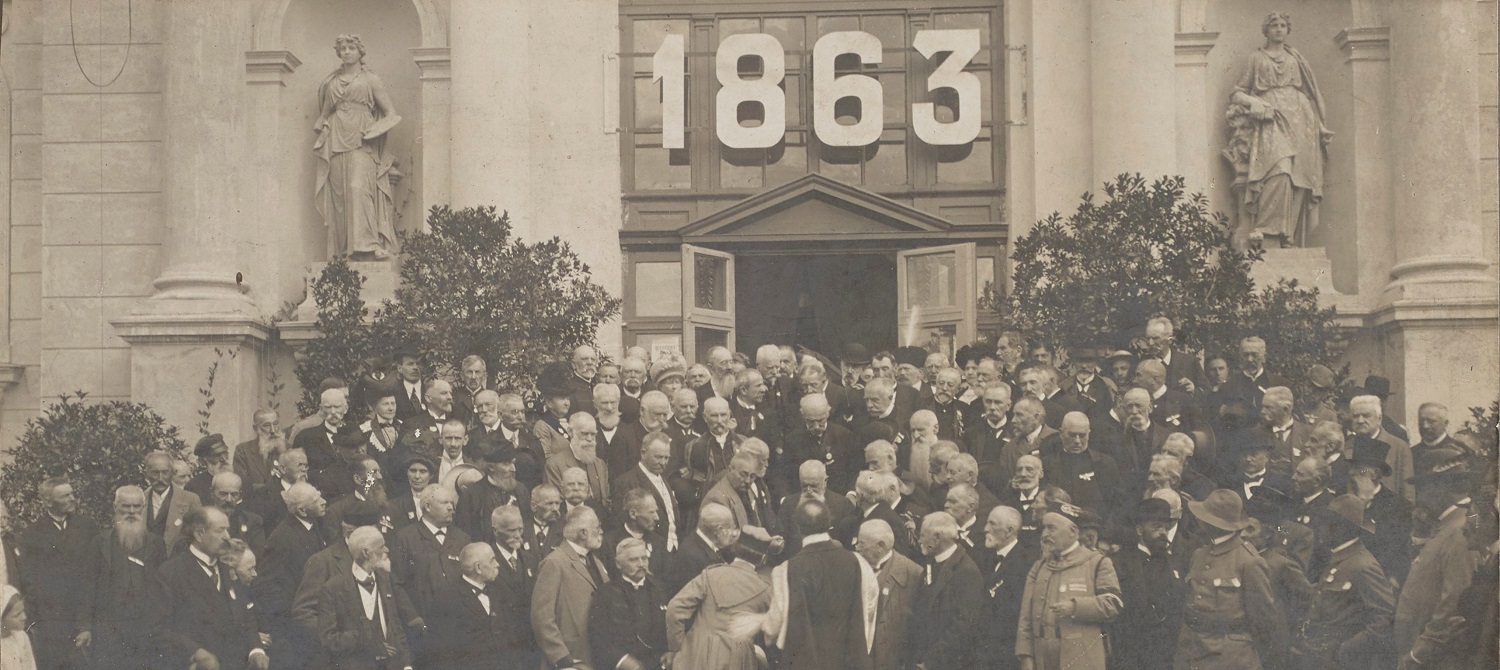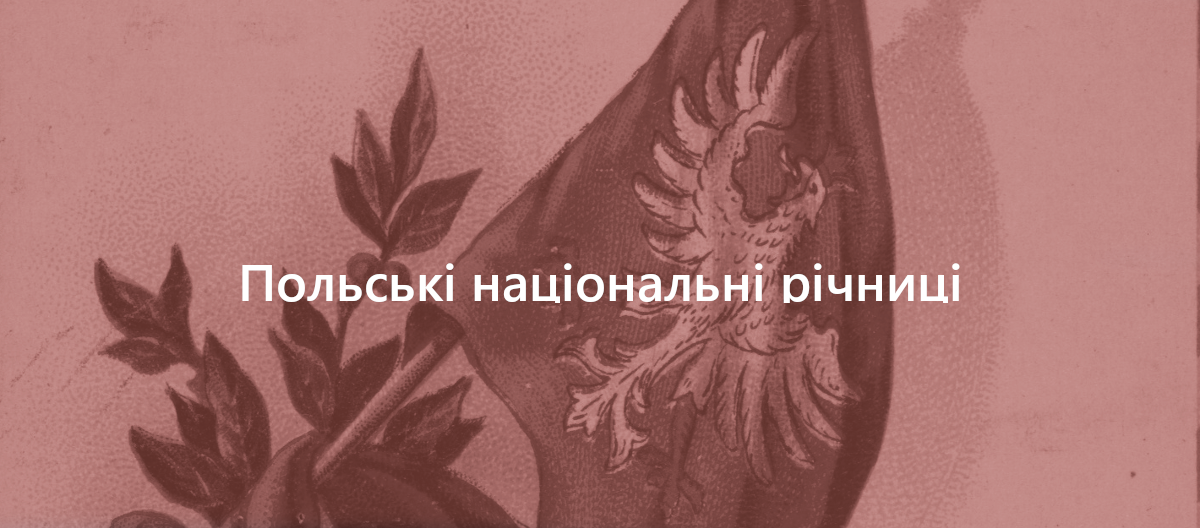

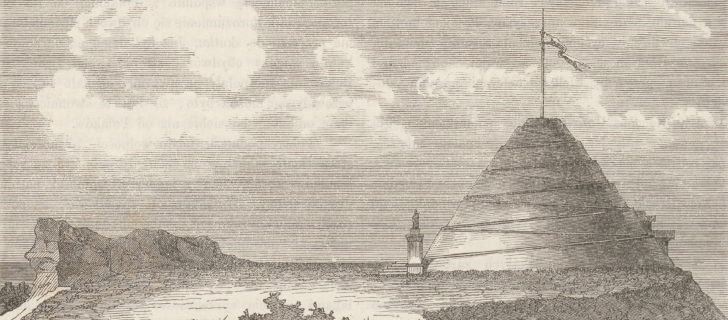
300th Anniversary of the Lublin Union
The 1869 events are mainly associated with the beginning of raising the mound at the Vysokyi Zamok Hill. However, there was also another important aspect of the anniversary, namely, holding, or rather an attempt at holding a mass commemoration.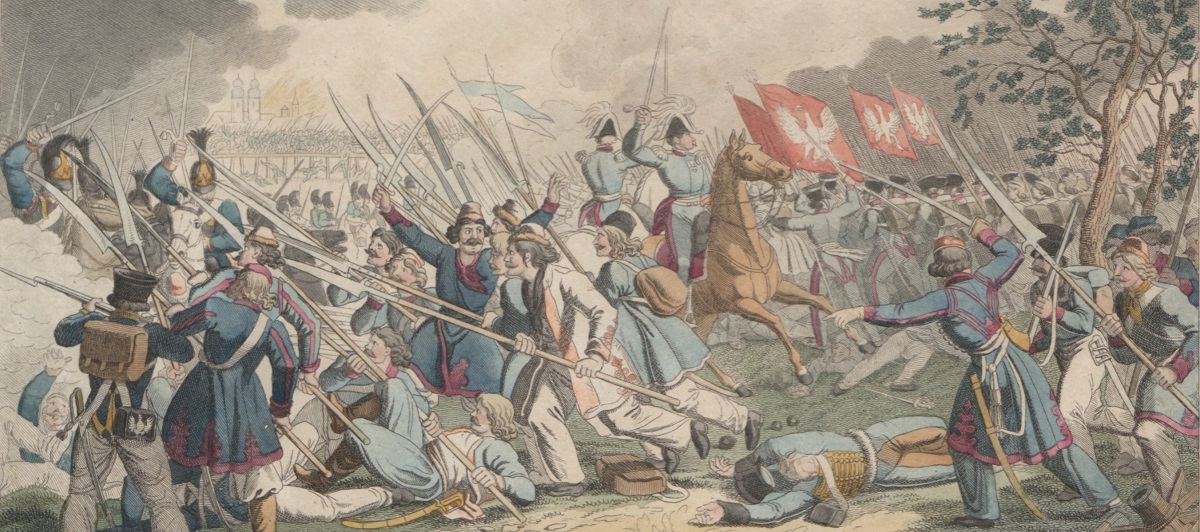
50th Anniversary of the November Uprising (1880)
It was the first time the event was celebrated in this format and interpretation. It demonstrated the growing popularity of nationalist ideas and the loss of the conservatives' ideological monopoly in Galicia.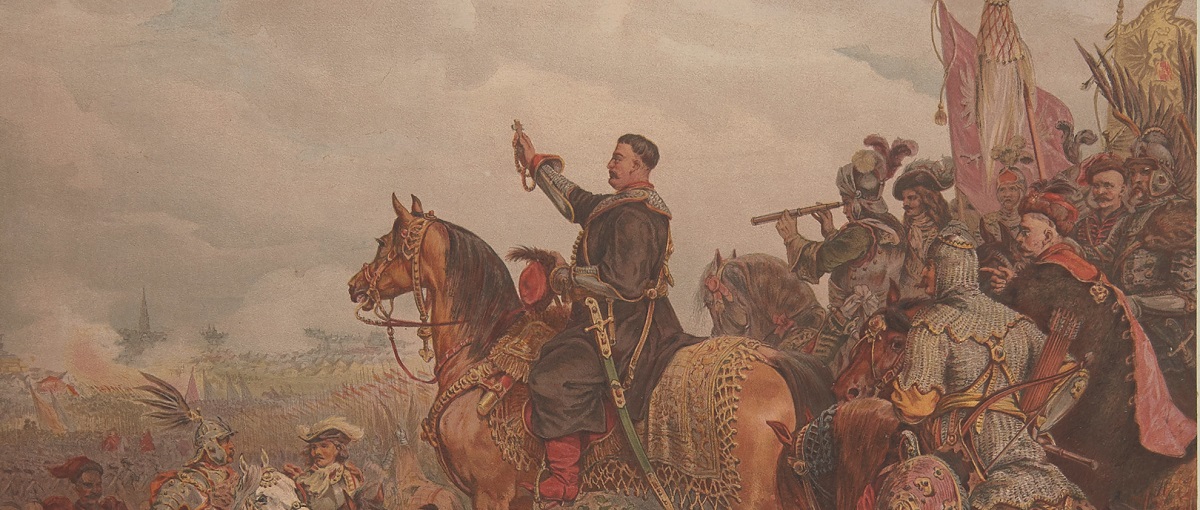
200th Anniversary of the Victory at Vienna (1883)
The celebration in Lviv in 1883 was, on the one hand, a Polish patriotic event, since it was about the victory of King Jan III Sobieski. On the other hand, it was a celebration of the successful defense of Vienna, the capital of the Austro-Hungarian Empire, so the festivities were fully in line with imperial policy.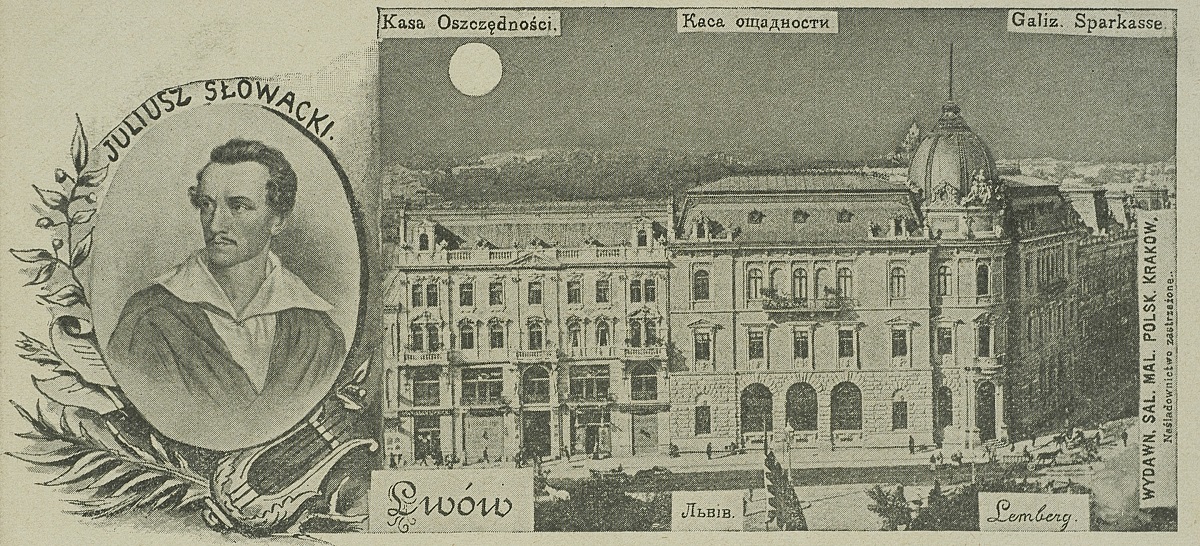
Honoring the Polish "Poet-Prophets"
As befits a cult, a calendar of birthdays, deaths, book releases, or the publication of individual works was formed around national poets. This was common to both Poles and Ukrainians and allowed them to regularly "remember" poets and "educate" the younger generation.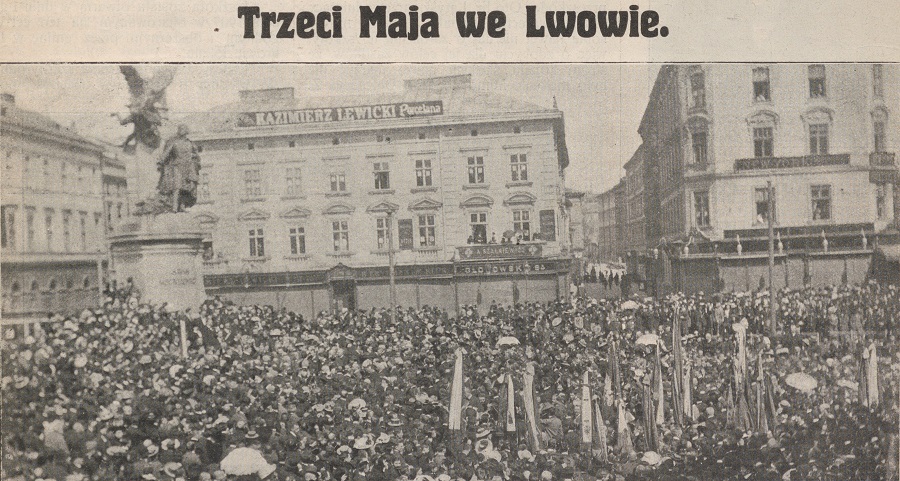
100th and 120th anniversaries of the 3rd May Constitution (1891, 1911)
The celebration itself was used as a mobilizing factor. On this day, politicians, officials, and members of various organizations, including paramilitary ones, actively reminded people of themselves.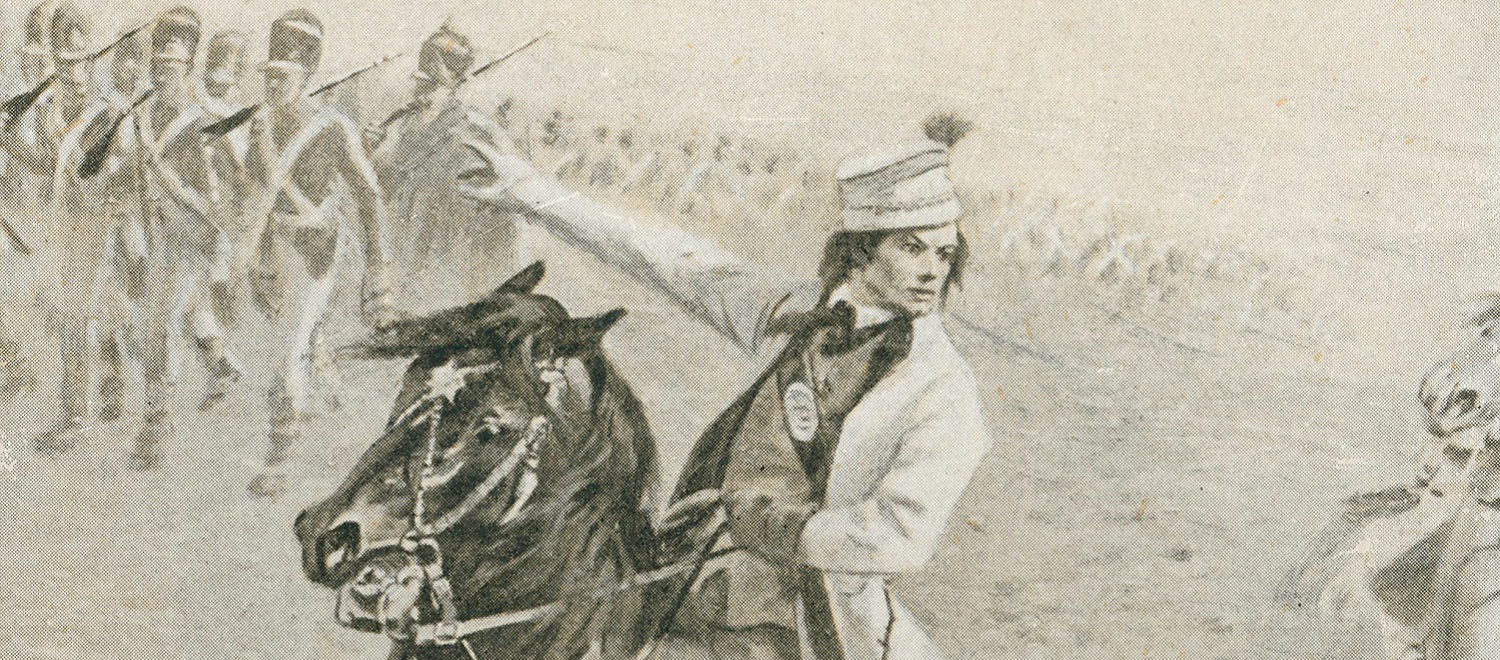
115th Anniversary of Tadeusz Kosciuszko's Victory at Racławice (1909)
The "rounds" on the occasion of the 115th anniversary of Kosciuszko's victory at Racławice belong to this category, as they included, in addition to traditional services, solemn meetings and rallies, other interesting, unusual events.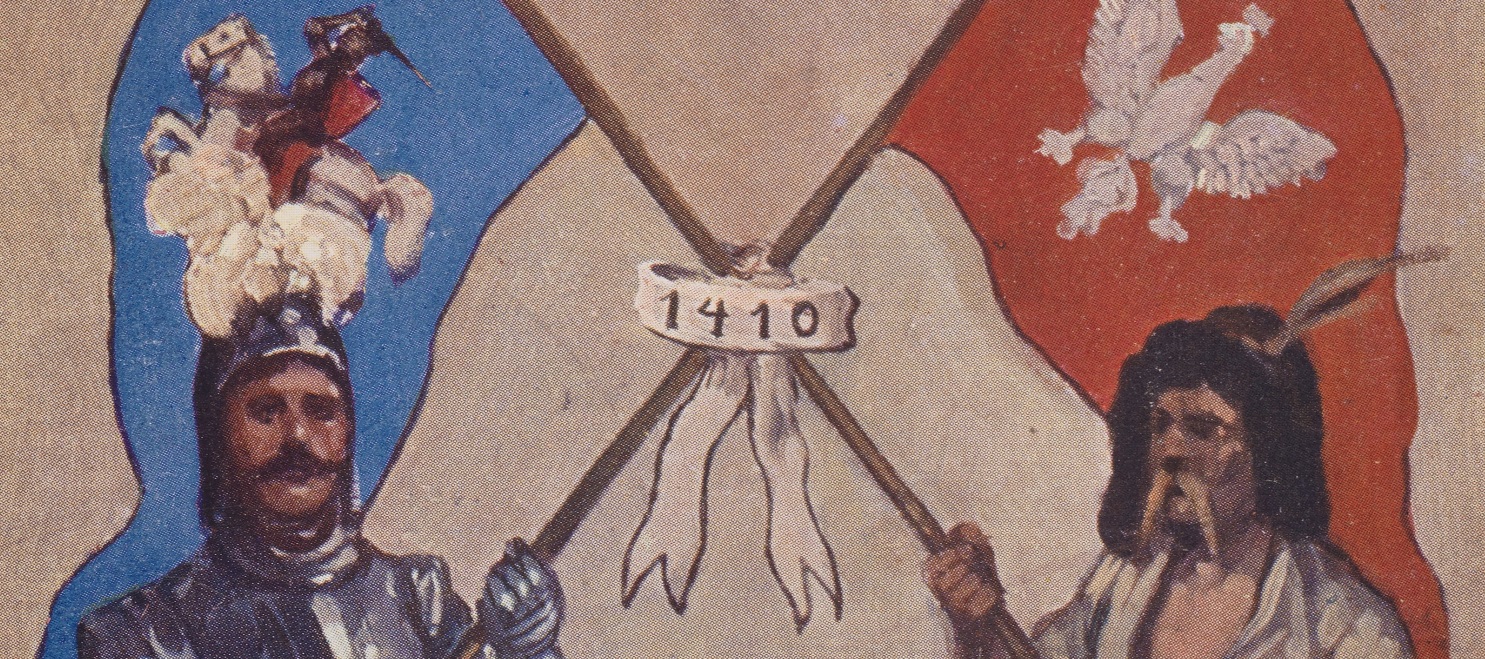
500th Anniversary of the Battle of Grunwald (1910)
The celebration of the victory of the Polish-Lithuanian-Ruthenian forces over the "German" crusaders could not but contain anti-German overtones. Therefore, in order to avoid confrontation with the central government, the press used the phrase "victory over the crusaders," which allowed everyone, including officials, to save their faces.